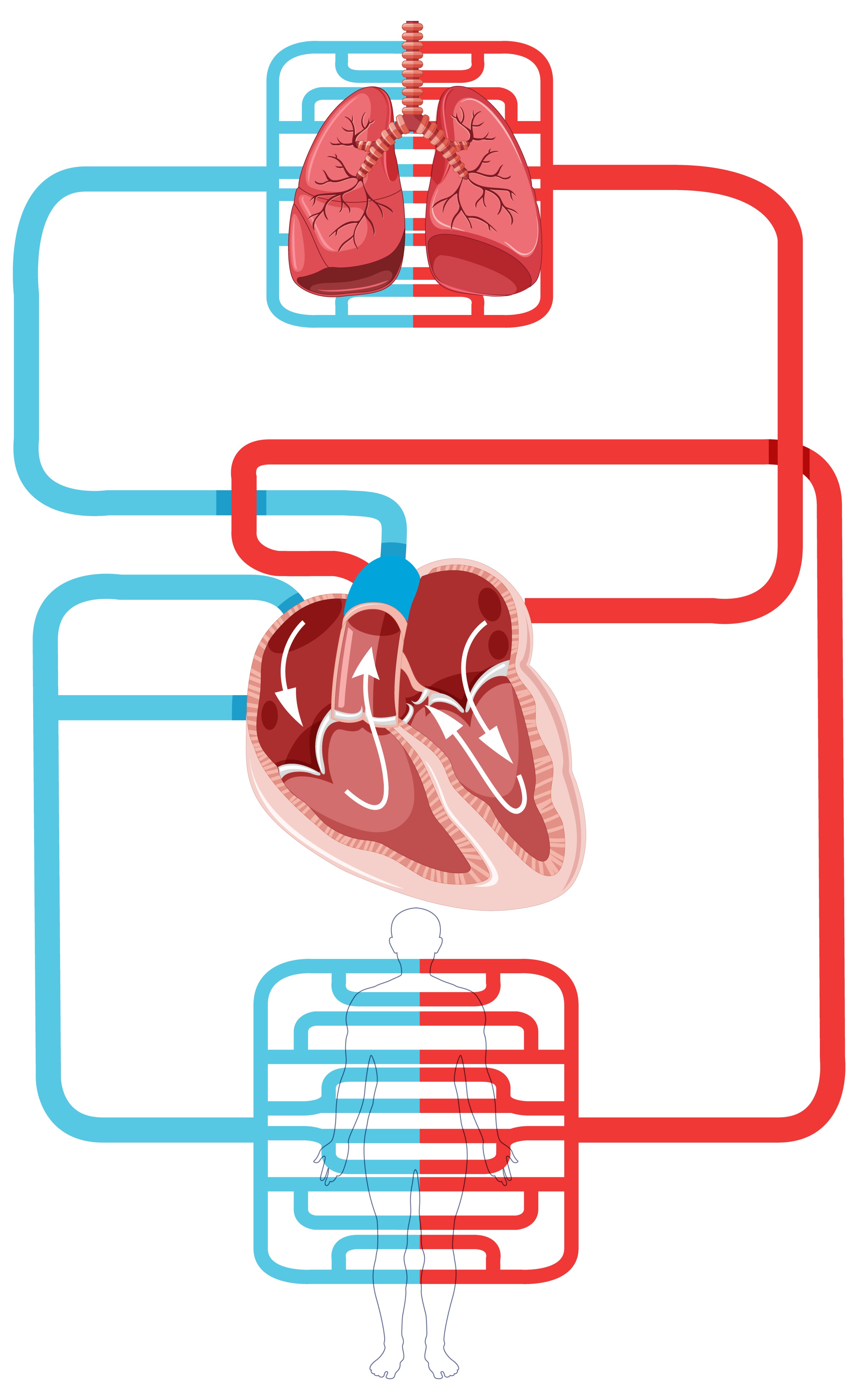
Understanding Congestive Heart Failure: Causes and Risk Factors
Introduction: Congestive Heart Failure (CHF) is a serious condition that affects millions of people worldwide. Despite its prevalence, many individuals may not fully understand what CHF is, its causes, and the risk factors associated with it. In this blog, we’ll delve into the basics of CHF in simple language, helping you grasp the fundamentals and empower you to take proactive steps towards heart health.
What is Congestive Heart Failure? Congestive Heart Failure, often referred to simply as heart failure, occurs when the heart is unable to pump blood effectively to meet the body’s needs. This can lead to a buildup of fluid in the lungs and other parts of the body, causing symptoms like shortness of breath, fatigue, and swelling in the legs and abdomen.
Causes of Congestive Heart Failure:
- Coronary Artery Disease (CAD): Blockages in the coronary arteries can deprive the heart muscle of oxygen-rich blood, leading to damage and weakening of the heart muscle.
- High Blood Pressure (Hypertension): Prolonged high blood pressure puts strain on the heart, eventually weakening its ability to pump effectively.
- Cardiomyopathy: This condition involves abnormalities in the heart muscle, either due to genetic factors, infections, or other causes.
- Heart Valve Disorders: Malfunctioning heart valves can disrupt the flow of blood through the heart, leading to heart failure.
- Chronic Diseases: Conditions such as diabetes, obesity, and thyroid disorders can contribute to the development of heart failure over time.
Risk Factors for Congestive Heart Failure:
- Age: The risk of CHF increases with age, particularly in individuals over 65.
- Smoking: Tobacco use damages blood vessels and increases the risk of heart disease, including heart failure.
- Obesity: Excess weight puts strain on the heart and is associated with other risk factors such as high blood pressure and diabetes.
- Family History: A family history of heart disease or CHF can increase an individual’s risk.
- Lifestyle Factors: Sedentary lifestyle, poor diet high in saturated fats and cholesterol, and excessive alcohol consumption can all contribute to heart failure risk.
Conclusion: Congestive Heart Failure is a complex condition with various causes and risk factors, but understanding them is crucial for prevention and management. By making healthy lifestyle choices, managing chronic conditions, and seeking prompt medical care when needed, you can reduce your risk of developing CHF and live a heart-healthy life.
To seek medical advice, always consult a Doctor. Here are our recommended experts. Click here
To read more on Heart Disease . Click Here


